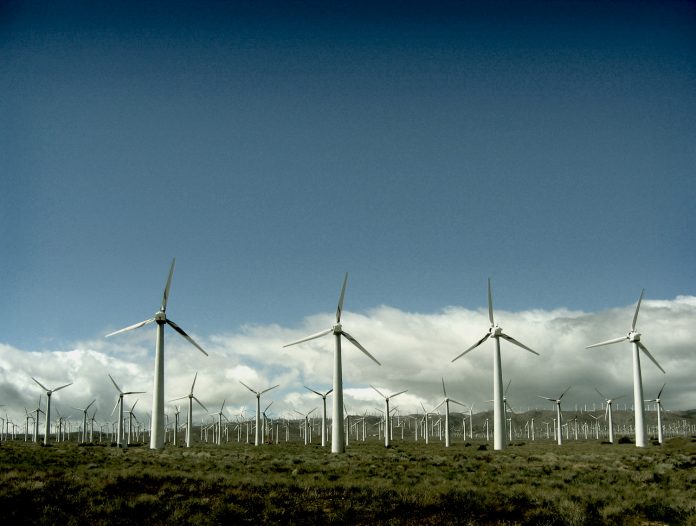A $2 BILLION King Island wind farm to power Geelong is under new scrutiny, with Hydro Tasmania labelled a “Third World dictator” as its seeks community backing for a full feasibility study.
The 200-turbine TasWind project, to generate 600 megawatts of green power direct to Geelong, has run into controversy with anti-wind campaigners accusing Hydro Tasmania of trying to shut down respondents to a community survey.
Results of the two-week survey, which closed on Monday, will be released next Monday.
Hydro Tasmania has stated it will shelve the project if unable to secure the majority backing of the Bass Strait island community.
But a No TasWind Farm Group has argued residents were allowed to vote only if they could produce a King Island driver’s licence.
The group has accused Hydro Tasmania of “behaviour you’d expect from a Third World dictator, not a Tasmanian government business”.
Hydro Tasmania rejected the claim, saying other identification was readily accepted.
The No TasWind Farm Group believes that the project threatens health, land values and birdlife, including the endangered orange-bellied parrot.
Spokesperson Sam Meyer said a final decision on whether to proceed to a full feasibility study rested with the Hydro Tasmania board regardless of the survey outcome.
“At its meeting on 26 June the board will consider the views of the King island community along with a range of other issues prior to making a commercial decision on moving to the feasibility stage,” Ms Meyer said.
The wind farm would create about 500 jobs during a two-year construction phase.
King Island farmers anticipate flow-on benefits from port infrastructure improvements related to the project as well as a rental windfall for hosting the turbines.
The project would produce utilise prevailing Roaring Forties wind to produce 2400 gigawatt hours of renewable energy, enough for a quarter million houses. The power would be delivered to Geelong by underwater cable.
Construction would start 2017, with the plant operational by 2019.








